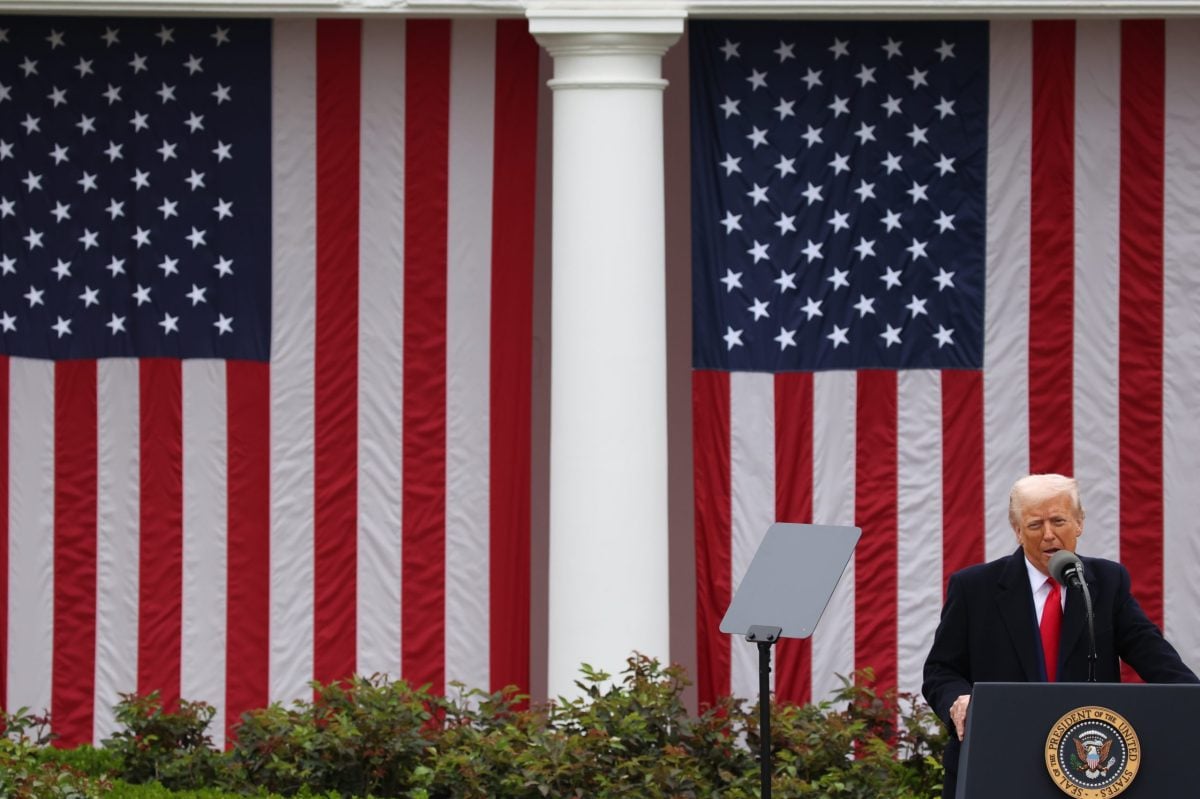Ahead of the August 1 tariff deadline, an American restaurant group has sent a letter to the U.S. trade representative Jamieson Greer expressing concerns and urging for continued exemptions under the CUSMA trade agreement.
The National Restaurant Association letter said that hiking tariffs on goods from Canada, Mexico and the European Union would pose “significant challenges” to the restaurant supply chain for goods like coffee, beef, wine and spirits.
Disruptions to restaurants “razor-thin margins” will ultimately lead to higher menu prices, it said.
Most Canadian agricultural products fall under CUSMA and aren’t subject to current 25 per cent tariffs. U.S President Donald Trump has threatened to increase tariffs on Canadian goods to 35 per cent on August 1, however the White House has indicated exemptions for CUSMA goods will stay in place.
Read Also

U.S. grains: Soy futures set 15-month high after China agrees to purchases
U.S. soybean futures reached a 15-month high on Thursday after President Donald Trump’s administration said top-importer China agreed to buy tens of millions of tons of American crops in the next few years as part of a trade truce.
Executives at several large U.S. restaurant chains have said in earnings calls that they do not expect significant impacts from tariffs. Yum Brands, the parent company of KFC and Taco Bell, has “minimal” risk from tariffs, its Chief Financial Officer Christopher Turner said in an earnings call at the end of April. Restaurant Brands International, the parent company of Burger King, sources the “vast majority” of its goods within local countries, according to Chief Financial Officer Sami Sidiqqui.
Court questions tariff authority
The legality of Trump’s “reciprocal” tariffs continued to be questioned in court on Thursday. The U.S. Court of Appeals for the Federal Circuit in Washington, D.C. is considering whether the tariffs imposed in April were justified by the president’s emergency powers.
In hearing arguments in two cases brought by five small U.S. businesses and 12 Democratic-led U.S. states, judges pressed government lawyer Brett Shumate to explain how the International Emergency Economic Powers Act (IEEPA), a 1977 law historically used for sanctioning enemies or freezing their assets, gave Trump the power to impose tariffs.
Trump is the first president to use IEEPA to impose tariffs.
“IEEPA doesn’t even say tariffs, doesn’t even mention them,” one of the judges said.
Shumate said that the law allows for “extraordinary” authority in an emergency, including the ability to stop imports completely. He said IEEPA authorizes tariffs because it allows a president to “regulate” imports in a crisis.
The arguments — one day before Trump plans to increase tariff rates on imported goods from nearly all U.S. trading partners — mark the first test before a U.S. appeals court of the scope of his tariff authority.
Trump has said the April tariffs were a response to persistent U.S. trade imbalances and declining U.S. manufacturing power.
He said the tariffs against China, Canada and Mexico were appropriate because those countries were not doing enough to stop illegal fentanyl from crossing U.S. borders. The countries have denied that claim.
The states and businesses challenging the tariffs argued that they are not permissible under IEEPA and that the U.S. Constitution grants Congress, and not the president, authority over tariffs and other taxes.
The case is being heard by a panel of all of the court’s active judges, eight appointed by Democratic presidents and three appointed by former Republican presidents. The timing of the court’s decision is uncertain, and the losing side will likely appeal quickly to the U.S. Supreme Court.
—With files from Glacier FarmMedia
















